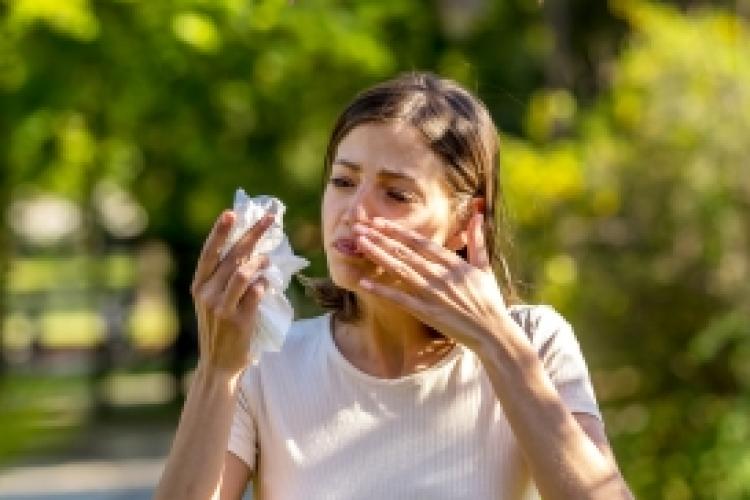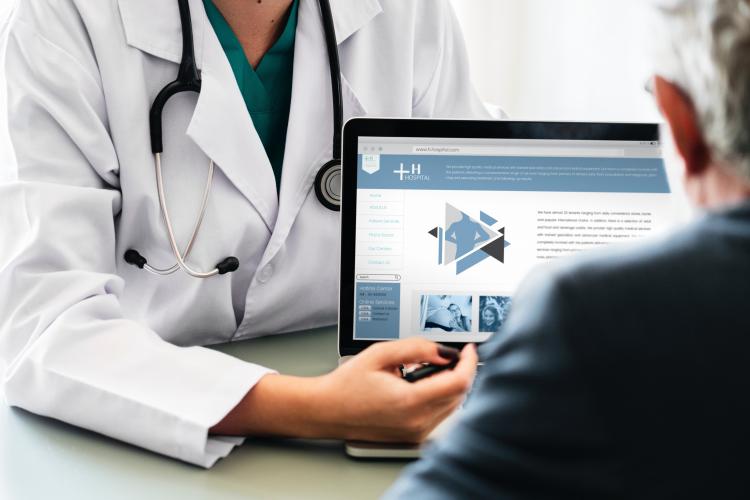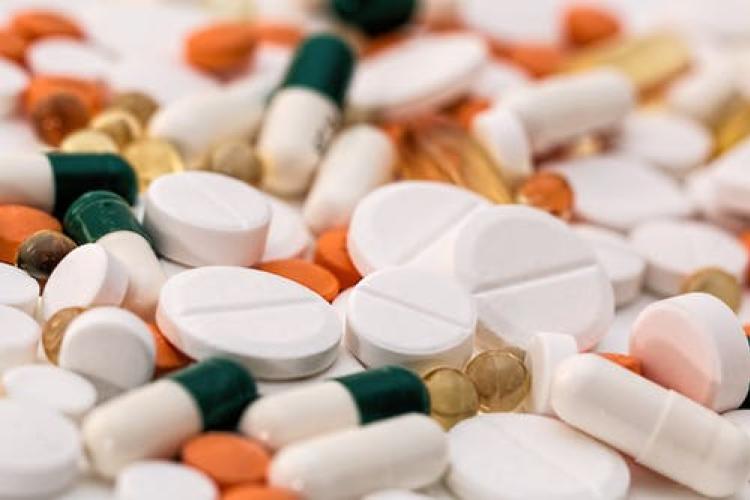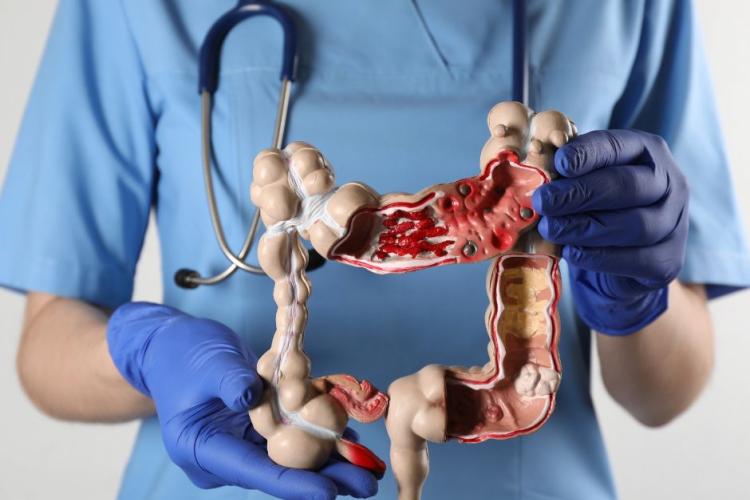Vipul Shah, MD, Chief of Gastroenterology at Montefiore Nyack Hospital, shares tips on how to avoid heartburn during the holidays.
If you tend to get heartburn, the holidays can be an especially challenging time of year. So many foods and beverages we tend to consume at holiday parties—spicy foods, greasy cocktail snacks, alcohol, caffeine, and chocolate—can lead to that burning sensation in your chest. Planning ahead can help you avoid heartburn during the holidays, says Vipul Shah, MD, Chief of Gastroenterology at Montefiore Nyack Hospital.
Heartburn, also called acid indigestion, is an irritation of the esophagus caused by acid that comes back up from the stomach. Many people get heartburn occasionally. However, if a person often gets heartburn, it may indicate a more serious problem, called gastroesophageal reflux disease, or GERD. This is a chronic reflux of stomach contents into the esophagus.
“If you only get heartburn occasionally, you won’t be causing long-term damage if you splurge on fatty foods and alcohol for one evening,” Dr. Shah says. “But if you have a history of GERD, even one evening of overdoing it with food and drink can exacerbate symptoms and set you back on the path to healing.”
Heartburn-Causing Food and Drink
When you scan the buffet table at a holiday party, go easy on the following:
- Fatty meats, fried chicken and spicy foods like buffalo wings
- Chocolate, fried chips, butter cookies, brownies, doughnuts
- Tomato sauce
- Creamy sauces and salad dressings
- Liquor, wine, caffeinated beverages
If you suffer from occasional heartburn, you might want to take an over-the-counter heartburn medication, such as Pepcid or Zantac, ahead of time before heading out to a holiday party. “But if you have chronic heartburn, you don’t want to play around—you’re better off avoiding heartburn-causing foods altogether,” Dr. Shah advises.
Lifestyle Changes
Other ideas for avoiding heartburn during the holidays and beyond include:
- Don’t go to bed right after eating a heavy meal. “Avoid eating anything two to three hours before bedtime,” Dr. Shah says. “Your biggest meal of the day shouldn’t be late. You don’t want to lay down with a stomach full of irritating foods.”
- Avoid coffee and alcohol late at night.
- If you smoke, quit. Smoking is a big risk factor for heartburn.
- If you are overweight, lose weight to ease symptoms of heartburn.
- If you know you’ll be eating a big meal, wear loose clothing that doesn’t increase pressure on your abdomen
- Try raising the head of your bed so that your head and chest are higher than your feet. Put 6-inch blocks under the bedposts at the head of the bed. This places your body at an angle and reduces the chance of regurgitation.
Don’t Ignore Heartburn
Chronic heartburn, which lasts for weeks or even months at a time, can lead to esophagitis, an inflammation of the esophagus. This can cause painful or difficulty swallowing. If it is untreated, esophagitis can damage the lining of the esophagus and lead to problems. For example, untreated GERD can turn into Barrett’s esophagus—precancerous changes in the lining of the esophagus that increases the risk of esophageal cancer.
If you have more than occasional heartburn, talk to your doctor. Through a combination of dietary changes, weight loss, lifestyle modifications, and—if needed—acid-suppressing medications, you can control your heartburn symptoms and avoid long-term complications.



 Upcoming Events
Upcoming Events



